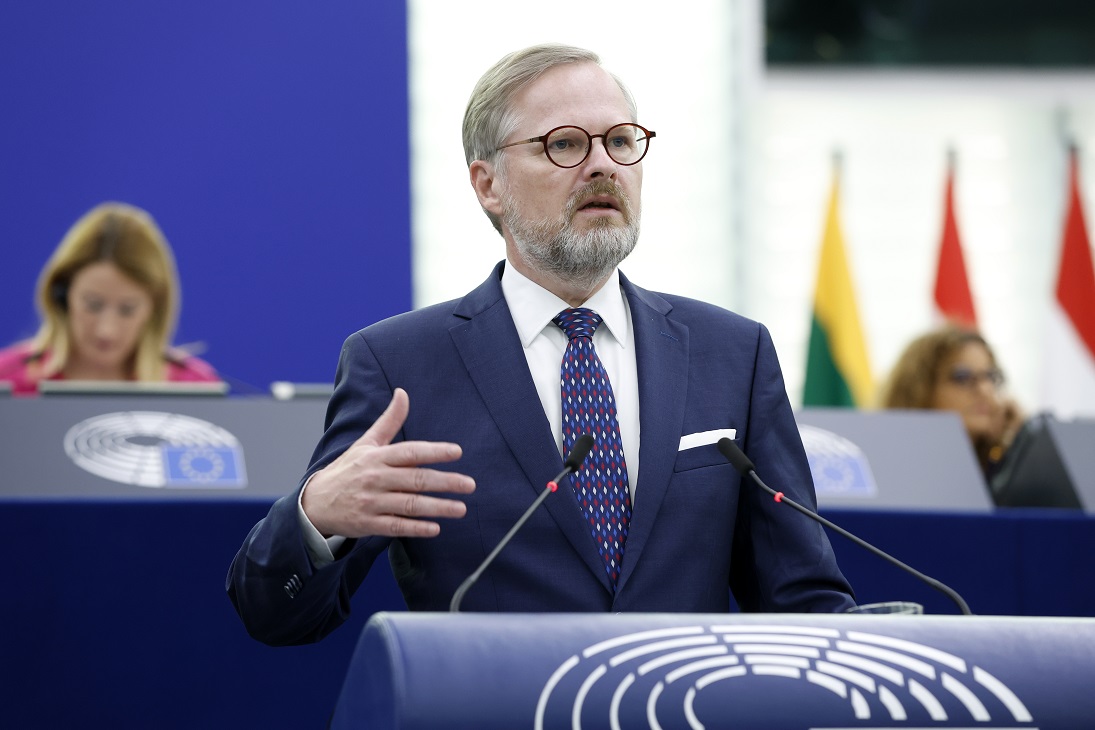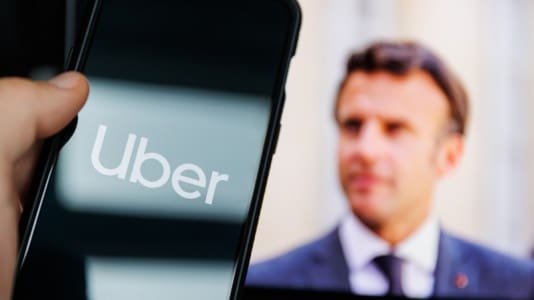The European Union is preparing the seventh package of sanctions against Moscow. It is already clear, however, that it will not include restrictions on Russian gas supplies, Czech Prime Minister Petr Fiala told Reuters this on Wednesday, citing that many member countries of the European bloc are still dependent on Russian gas.
Fiala expects the seventh package to include a ban on gold imports from Russia, expand the list of dual-use goods prohibited from being imported into Russia, and include other sanctions targeting individuals. The European Commission should present the package around mid-July, and member states could approve it right after, Fiala said.
“What is certainly problematic is to involve energy in the sanctions, for the reason that the rule must apply that the sanctions must have a greater impact on Russia than on the countries that impose the sanctions,” the prime minister said.
According to Fiala, there is no chance that the sanctions will include gas.
“I think it should not be included, as many countries are still dependent on Russian gas,” he said. “We will do everything to rid ourselves of the addiction as quickly as possible, but it won’t be this winter.”
Europe must look for alternative gas sources
Before Moscow invaded Ukraine, the EU was 40 percent dependent on gas supplies from Russia.
The first six sanctions package included, among other things, an asset freeze, a ban on issuing visas to Russian oligarchs and officials, export controls, a freeze on the assets of the Russian Central Bank, the exclusion of Russian banks from the SWIFT system for international financial transactions, and a ban on the import of Russian coal and oil with certain exceptions. However, the sanctions did not affect gas imports, despite numerous calls from Ukraine to impose an embargo.
The latest sanctions come amid growing concerns in Europe that Russia could extend scheduled maintenance on the key Nord Stream 1 gas pipeline, which began on July 11 and is scheduled to last for 10 days. If Moscow extended the maintenance, it would limit gas supplies to Europe and disrupt EU countries’ plans to replenish supplies for the winter, potentially plunging them into an energy crisis.
Fiala said Europe must prepare for the possibility that flows from the Nord Stream 1 pipeline will not resume and look for alternative gas sources, such as LNG. It should also be prepared to share supplies between member states.
Another idea Fiala supports would be to start joint gas purchases in Europe, but the prime minister warned that it remains technically and administratively difficult.
“I don’t want to be too optimistic,” he said when asked if joint purchases could start as early as this year, adding that EU energy ministers would discuss the proposal at an extraordinary meeting on July 26.






